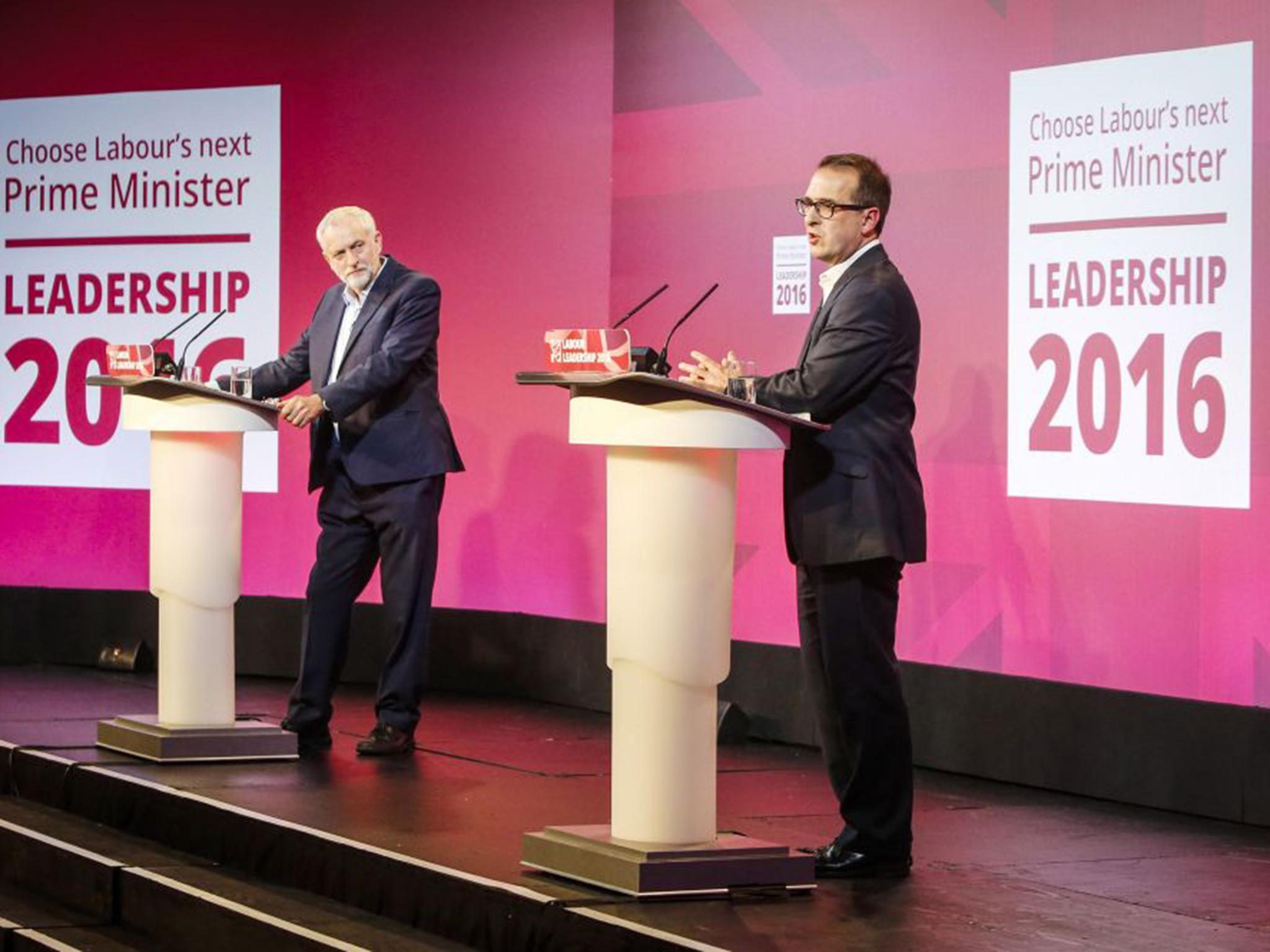Yes, Labour is sexist – but that didn’t begin with Jeremy Corbyn
The Labour Party considers itself the party of equality but has failed to live up to those values. We have more female MPs than any other party but have never had a woman leader


Your support helps us to tell the story
From reproductive rights to climate change to Big Tech, The Independent is on the ground when the story is developing. Whether it's investigating the financials of Elon Musk's pro-Trump PAC or producing our latest documentary, 'The A Word', which shines a light on the American women fighting for reproductive rights, we know how important it is to parse out the facts from the messaging.
At such a critical moment in US history, we need reporters on the ground. Your donation allows us to keep sending journalists to speak to both sides of the story.
The Independent is trusted by Americans across the entire political spectrum. And unlike many other quality news outlets, we choose not to lock Americans out of our reporting and analysis with paywalls. We believe quality journalism should be available to everyone, paid for by those who can afford it.
Your support makes all the difference.Being a woman in politics can be a struggle, but time spent at the Labour Women’s Conference rarely is. Given the bitterness and division within the Labour Party today, the supportive atmosphere, the openness to new ideas, the agreement to disagree without being disagreeable, is entirely refreshing. If Labour is to make a new start it could do worse than to consider how and why Labour’s women have achieved this.
There is a caricature of Jeremy Corbyn’s supporters that paints them as sexist, unreconstructed dinosaurs. But according to an exit poll carried out by YouGov, Corbyn won the support of 68 per cent of female Labour members. Many of his supporters have been lifelong fighters of injustice and prejudice. To brand them all as sexists is to deny their service to the causes they fight for.
It’s certainly true that abuse of all kinds has increased within Labour over the last febrile year. But to believe that this is all a result of Corbyn’s election is to deny the experience of women who have suffered sexist abuse, or been diminished in their power by a sexist system, for far longer than that.
The Labour Party considers itself the party of equality but has all too often failed to live up to those values. We have more female MPs than any other party but have never had a woman leader. We have never had a woman as Chancellor or Shadow Chancellor.
We do not have enough women working behind the scenes who can pick up where the gaps are, in policy and in politics. Culture change comes through visibility and those with power being willing to open up and share it.
Power in a political party is hard fought for and hard to come by. You get into politics to seek power. It is not the natural instinct of politicians to give it away, and importantly that is not what our culture teaches powerful men to do. For change to come we must be constantly vigilant about how entrenched the unfairness of the system and where own opportunities to challenge it arise. That means all of us. It must not just be incumbent on women to break down doors but on men to understand their role in opening them.
This will not happen if we continue to channel all discussion of sexism in Labour through the lens of the Labour leadership. The fight for equality is too important to be downgraded to a weapon in a factional war. Power sharing is too difficult to accept and too easy to refuse if it is seen – rightly or wrongly – to have an ulterior motive.
Those who criticise Corbyn over sexism must be free to continue to do so, but this should form part of a challenge, not to his right to lead, but of his ability to lead better. They must also be willing to challenge any and every Labour politician to live up to the values that our party stands for.
Labour politicians know they hold power and must understand that it is their duty to open it up, however uncomfortable that feels. However hard it is to hear criticism, they must listen. Question and challenge must not be dismissed as abuse or factionalism, but neither should it be abused as such. The challenge for women in the Labour party is far bigger than the debate over Corbyn’s leadership.
Join our commenting forum
Join thought-provoking conversations, follow other Independent readers and see their replies
Comments